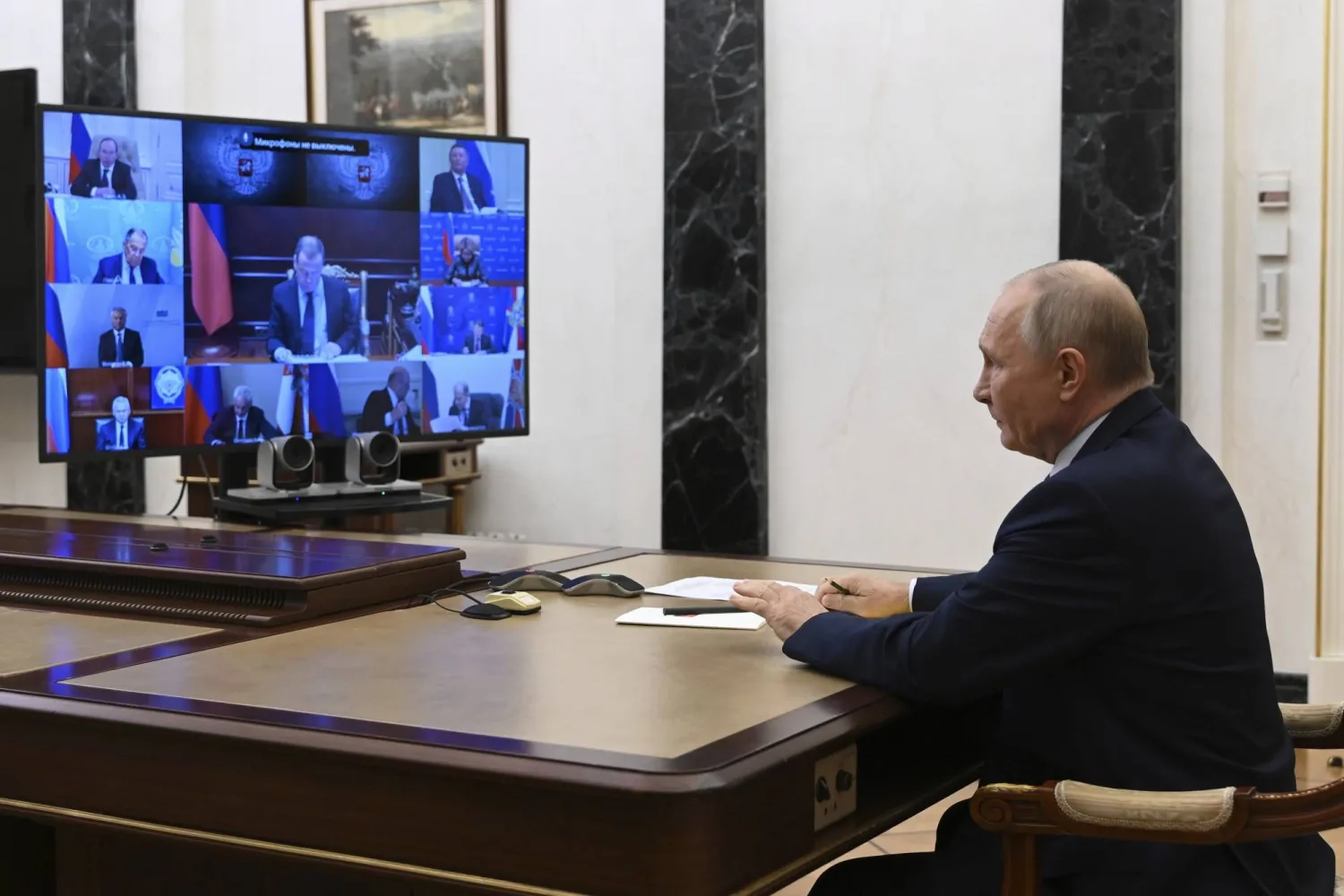The Kremlin said on Monday that Russia was doing everything it could to try to facilitate attempts to de-escalate tensions in the Middle East by urging restraint on all sides.
Kremlin spokesman Dmitry Peskov made the comments when asked about the aftermath of Israeli strikes on Iran, Reuters said.
"Russia is maintaining contacts with all parties to this conflict. We have contacts with Tehran, and we have contacts with the Israelis and the Palestinians," Peskov told reporters.
"Russia is constantly doing everything possible to call on the parties to show restraint and to facilitate any attempts to de-escalate tensions.
"...There is still an extremely tense situation in the region and, of course, it is very important now to promote restraint in this regard."
Kremlin Says Russia is Doing All it Can to Try to De-Escalate Middle East Tensions
https://english.aawsat.com/world/5075598-kremlin-says-russia-doing-all-it-can-try-de-escalate-middle-east-tensions



Kremlin Says Russia is Doing All it Can to Try to De-Escalate Middle East Tensions

Russian President Vladimir Putin chairs the Security Council meeting via videoconference in Moscow, Russia, Friday, Oct. 25, 2024. (Pavel Byrkin, Sputnik, Kremlin Pool Photo via AP)

Kremlin Says Russia is Doing All it Can to Try to De-Escalate Middle East Tensions

Russian President Vladimir Putin chairs the Security Council meeting via videoconference in Moscow, Russia, Friday, Oct. 25, 2024. (Pavel Byrkin, Sputnik, Kremlin Pool Photo via AP)
لم تشترك بعد
انشئ حساباً خاصاً بك لتحصل على أخبار مخصصة لك ولتتمتع بخاصية حفظ المقالات وتتلقى نشراتنا البريدية المتنوعة







